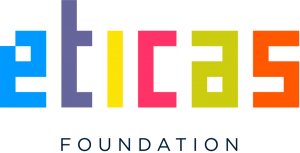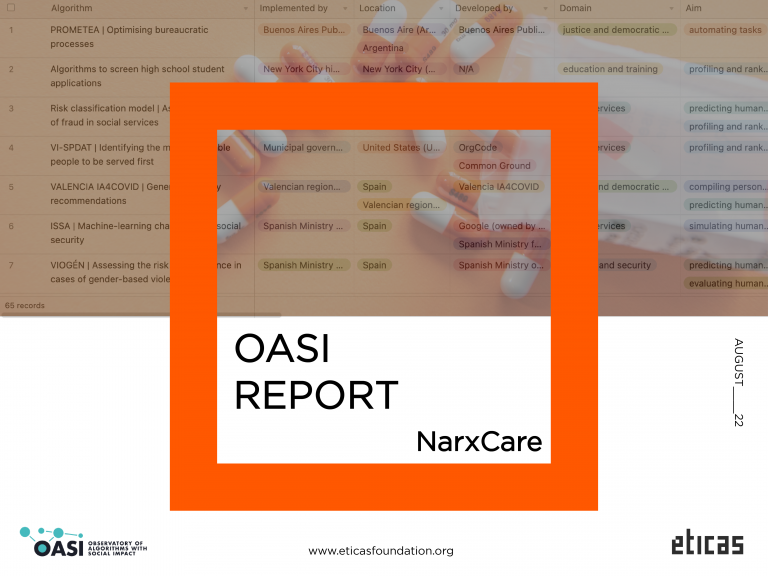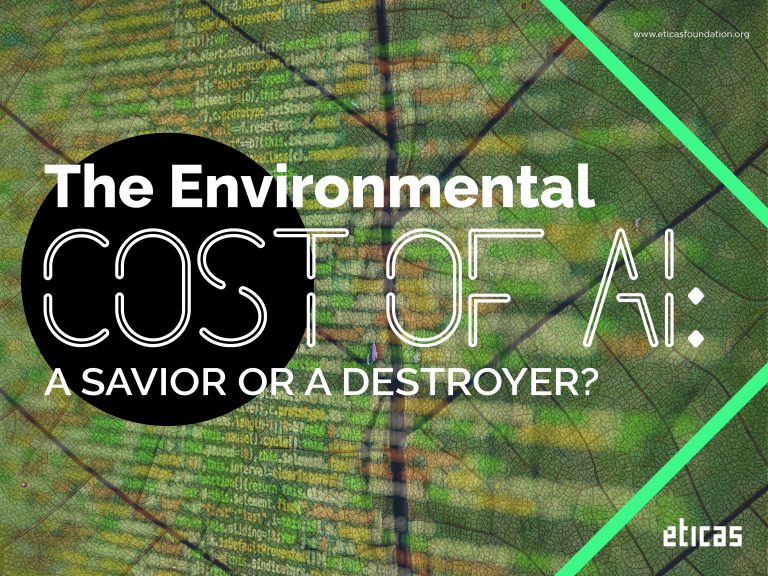Alpha and Z generations have been born with AI as one of the tools that is present in their daily lives. They can be called AI natives, as they have never been in a world without it. But, even if AI has many positive uses, such as personalized educational trajectories, there are threats for these generations when it comes to technology. Are we educating young people and even their parents to use AI systems (and technology) responsibly?
For example, AI may change the way that young people communicate or create relationships. They may develop a worse ability to interact as many of these young people have grown up with toys or tools that they may consider actual people or even pets or friends.
Further than that, they have been born and raised in the big data era. Even if older generations have a data footprint already, younger generations are creating a bigger one as it starts at the very beginning of their lives. How many pictures of babies shared by their proud parents have you seen in social media? The collection of their data starts with it, but will grow much more when they start to use those platforms by themselves. That’s why it is so necessary to educate students about the importance of guarding personal data and the reason why parents should be aware of what they share. Because every like, click, or share is going to be recorded.
All this information may be used in their future. It may affect them when they try to get higher education, a job, or credit. We never know how this information will be used in the following years and who is going to use it.
That’s the reason why young people should be educated to be careful with the data they share and to be given tools to protect their privacy. Let’s see some of them.
Tools and tips to reduce your digital footprint
Use tools such as a browser extension to prevent advertisers and other third-party trackers from secretly tracking where you go and what pages you view on the web, like Privacy Badger or Ghostery and a more private browser like Brave as well.
Check privacy policy & settings. First step when using a new browser or any app.
Delete old accounts. How long have you been on the internet? You may have registered on websites that you don’t use anymore and that have information about who you were in the past. Or what about that first Twitter account where you use to share your opinion about that reality show you were so interested in. Ask websites to delete everything about you before leaving!
Be careful when sharing personal data online. Have you ever googled yourself and found something that shouldn’t be there? That happens to many people. Remember that thanks to the GDPR you have the right to ask for deletion of personal information.
Think before posting. There are many funny situations to live, but do you want people to have access to them anytime?
Forget about tests. It seems like teenagers need to find themselves and sometimes it is easier if someone tells you about it but, trust us, discovering what character of Stranger Things you are won’t help nothing but third parties to get more information about you.
Anyway, the responsibility should never lay on users. It is necessary to advance in terms of regulations. A policy that creates a secure environment for users, where data capitalism stops being the business model as it is now for too many companies. And these steps need to be taken by government controls and policies.
